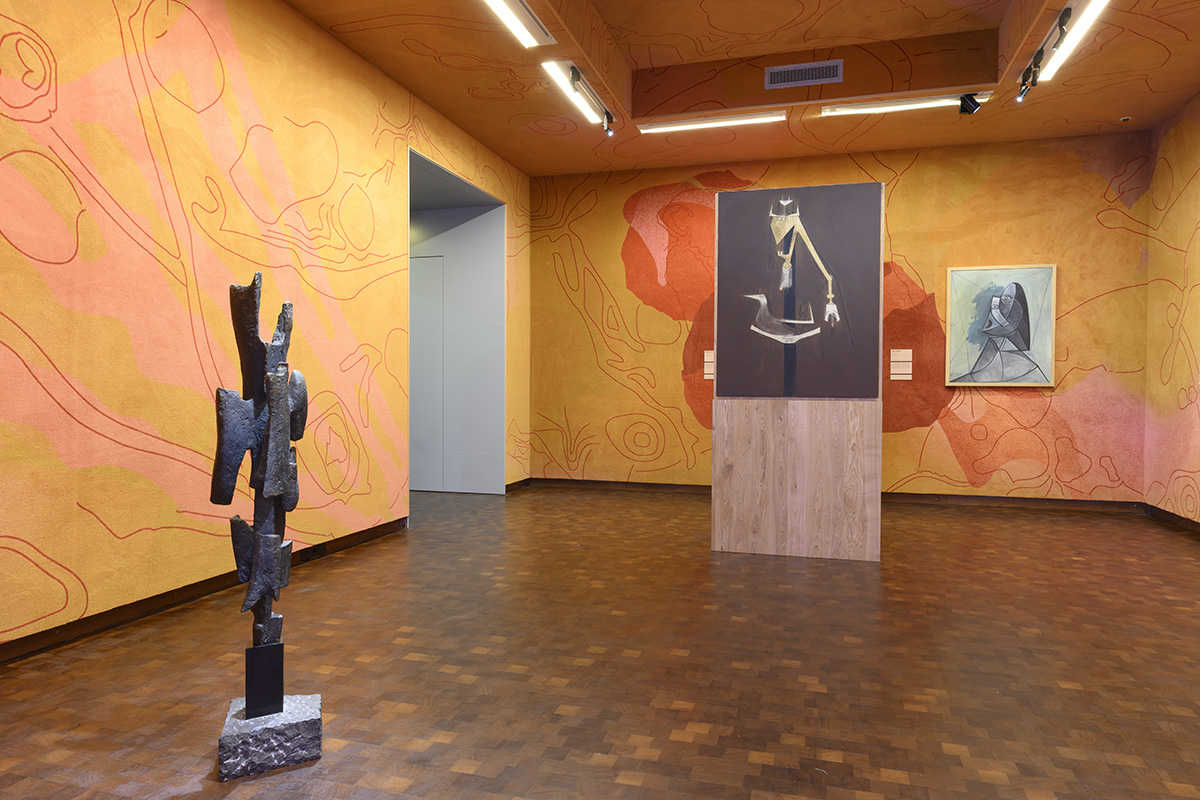Steve Flinders: ‘National culture’ – handle with care
Text & Photo: Steve Flinders

Dutch social psychologist, Geert Hofstede, died recently at the age of 91. What will be his legacy?
Hofstede was a founder of intercultural studies in the 1970s, following his research involving managers across the world working for IBM, his then employer. He defined a series of cultural dimensions and used his findings to claim that significant variations in attitudes towards inequality, risk, individualism, gender roles and more, can be identified between nation states.
Despite extensive and sustained criticism of his arguments and methodology since then, Hofstede’s dimensions continue to serve as a mainstay of intercultural training. His advocates argue that making people aware of these areas of cultural difference help them to work better with people from other countries.
While Hofstede’s dimensions can be very useful, I doubt the validity of his claims to be able to precisely measure differences between countries. I also have reservations about his archaic and possibly sexist language – one dimension compares more “masculine” with more “feminine” cultures.
More fundamentally, I question the validity of the concept of national culture on which his work is based. Such a monolithic notion fits less and less with the dynamic flux of ethnic, regional, political, religious and organisational cultures in today’s multicultural world.
It’s not just half the Scots and Catalans who maintain that existing nation states are arbitrary constructs. I struggle to define my own national cultures. Britishness is now in a process of disintegration – more testimony to the subjectivity of the concept; while Englishness seems at best diverse, and at worst fragmented and divided. President Macron seems to agree: “Il n’y a pas une culture française. Il y a une culture en France. Elle est diverse,” he said in a recent speech. This translates to “There is no ‘French’ culture. There is a diverse culture in France.”
It can be fun to look at Hofstede’s measurements online to see how, say, the French ‘power distance’ score of 68 – lots of hierarchy – compares with the lean Norwegians’ score of 31. It can be handy to get a snapshot of a country you don’t know. But the statistics make it easy to forget that the picture may not be a remotely accurate representation of any given individual. His bar charts too easily emphasise what divides us rather than unites us.
We should be grateful to Hofstede for his conceptual insights, but today we need to move on from simple generalisations about groups of millions of individual human beings.
Steve Flinders is a freelance trainer, writer and coach, based in Malta, who helps people develop their communication and leadership skills for working internationally: steveflind@aol.com. Disclaimer: The views and opinions expressed in this column are those of the author and do not necessarily reflect the official policy or position of Discover Benelux.
Subscribe to Our Newsletter
Receive our monthly newsletter by email




